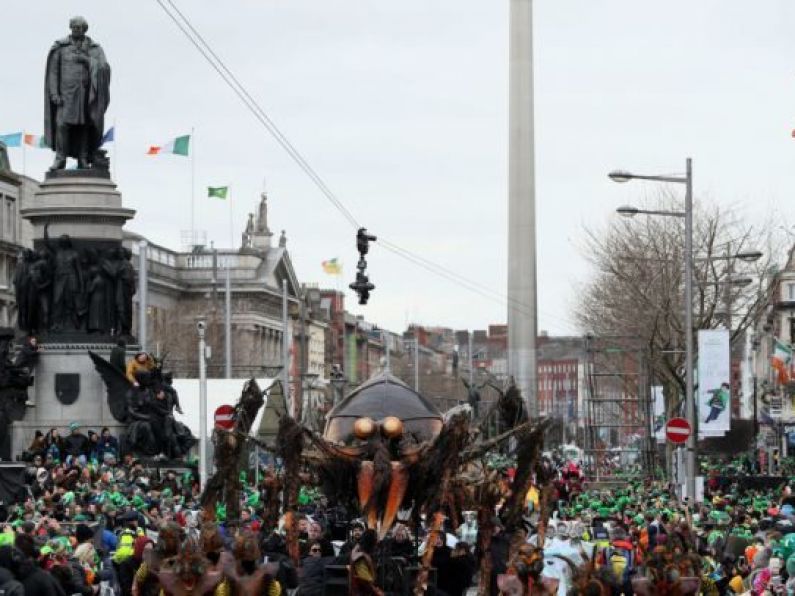The tourism sector could take more than five years to recover from the impact of the pandemic, an Oireachtas committee has heard.
Tourism Ireland has warned that a large-scale marketing campaign will be needed to soften the blow of Covid-19 on tourism.
Niall Gibbons, chief executive of Tourism Ireland, said that while it has been a “catastrophic” year for the industry, he believes tourism will recover from the Covid-19 pandemic.
“The pace of recovery is unknown. However, based on the best information to hand, Tourism Ireland currently predicts the recovery could take in excess of five years,” he told the Oireachtas tourism committee.
“In order to improve on this position, an effective, sustained and large-scale marketing approach will be required.
“This should begin as soon as the health situation allows.”
Paul Kelly, chief executive of Fáilte Ireland, warned that the sector faces a “rapid acceleration” of insolvencies after Christmas.
Mr Kelly told the committee that while the industry is “very grateful” for the significant government support, the current level of support is not enough.
“We have already seen some insolvencies and we are likely to see a rapid acceleration in this after Christmas unless something significant changes,” he warned.
“Recovery will not be immediate, but tourism will recover, and the speed of Ireland’s recovery will be primarily determined by how many tourism businesses have received the support they require to stay solvent.
“We cannot rebuild employment without employers so we must not shy away from providing the business supports required.
“To do so would be to abandon balanced regional development and self-sustaining rural communities.”
Mr Gibbons said they are likely to reach into markets including Great Britain and mainland Europe soon, however they do not expect to see tourism from long-haul markets until 2022 and beyond.
He also told the committee that there is a “cloud of uncertainty” around international tourism as more people are researching insurance and cancellation policies before they travel.
Turning to Brexit, Mr Gibbons warned that if a deal is not reached between London and Brussels, a possible depreciation of sterling will mean Ireland is more expensive for travellers.
“The other concern on the Northern Ireland front is that the research we conducted in France and Germany, does indicate a level of confusion among consumers who pick up their papers and don’t know the politics that we have here and think it sounds like a lot of hassle going to Ireland and all that is going on at the border,” he added.
“It’s a small hassle but enough for them to say I’ll leave it this year and maybe go next year when things have settled down.”






